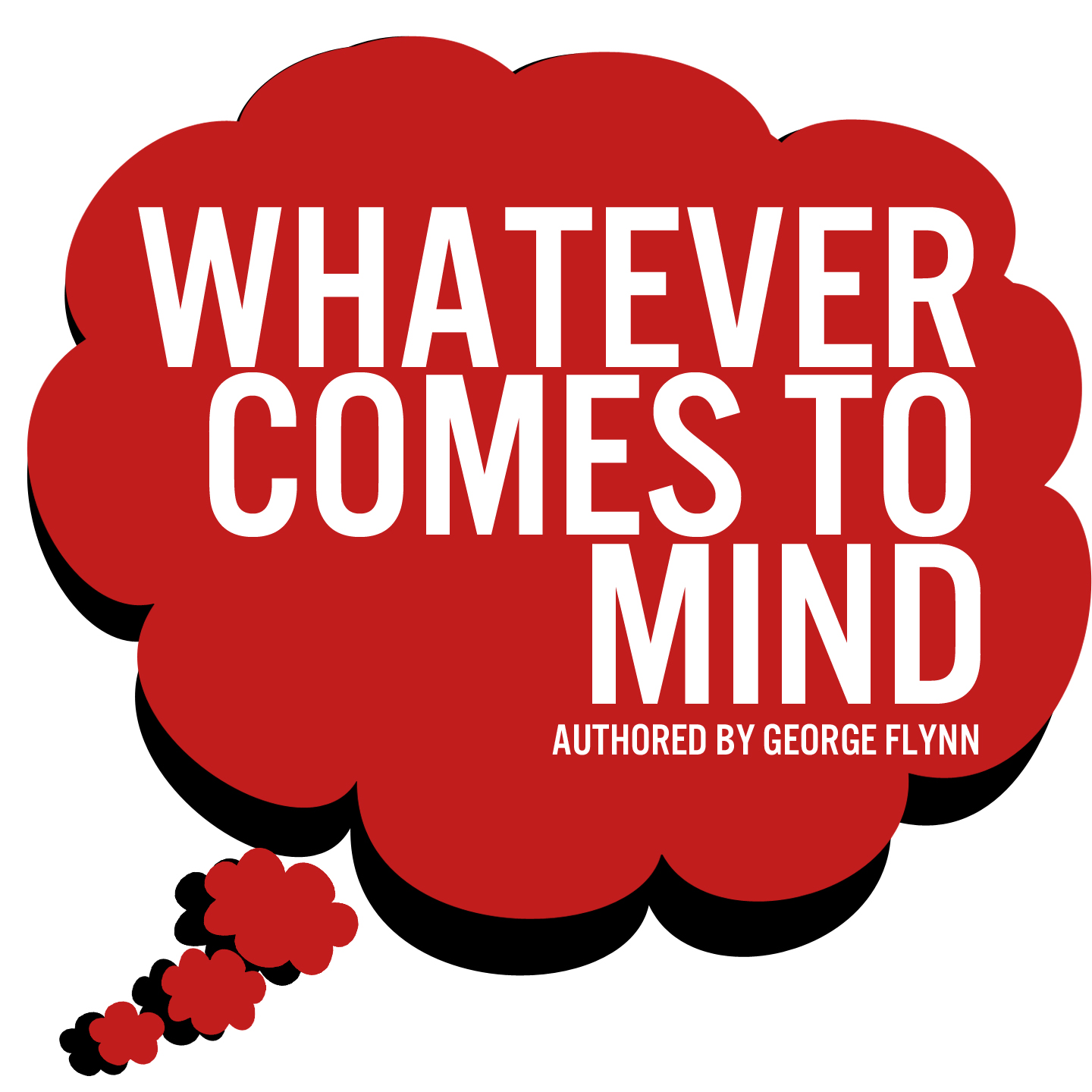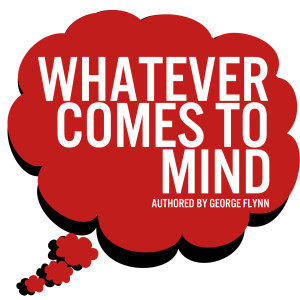
 By George Flynn | Opinions Editor
By George Flynn | Opinions Editor
Our world is an industry. Many of us go to the campus Starbucks at least three times a week, whether we get a tall black coffee, a 25 cent water or an Americano if we’ve recently seen a James Bond flick. We eat at chain restaurants and purchase frivolous items that are incredibly overpriced, not to mention detrimental to our health.
Regardless, I don’t mind spending the extra cash on these items of luxury. I would rather live in a world where everything is available at the snap of my fingers versus the concept of living on a farm and creating the necessities myself.
However, I do have something to complain about: Celebrity endorsements. Why is everything that is on the market endorsed by a celebrity? Shoes and sneakers were once endorsed by Michael Jordan and Shakira and Crest toothpaste. The most recent endorsement is Oprah Winfrey teaming up with Starbucks to create her own Teavana Chai Tea, which will go by the name of “Oprah Tea.” I don’t want to order an Oprah Chai Tea or Air Jordans from Nike just because a celebrity’s name is on it. Celebrity endorsement is not only irritating to see on every product in the market but can also be incredibly risky for the businesses and industries that are inviting these celebrities to assist in selling their products.
Bloomberg Business Week published an article by Steve McKee discussing why celebrity endorsements are not only risky, but never really beneficial. BBW makes multiple points about celebrity endorsers, chiefly arguing that the celebrities have a way of outshining the product.
“The premise is if Endorser A wears Product B and drinks Product C, maybe consumers will want to, too. But borrowed equity is just that — borrowed. It may rub off on the brand endorsed, but in the long run it belongs to the celebrity,” McKee said.
If industries are trying to sell a product, a famous person is not the best idea. Products are easily overshadowed by famous individuals. The human eye will not gravitate to the product which is being sold. My eyes always gravitate toward the wealthy, famous person selling it, whether it be Paris Hilton selling a burger, Taylor Swift rocking a pair of Keds or William Shatner promoting Priceline. To be honest, I can’t even remember what Priceline is. What is Priceline? Does anyone know? All I know is that Shatner acts as a precious angel in the minute or less commercial every other day.
I think this might be a large reason to why I find myself irritated. Celebrities take away from products. I just see Catherine Zeta-Jones on the T-Mobile commercials. I don’t even realize half the time she is trying to sell me a cell phone plan. I just hate Catherine Zeta-Jones.
Another big issue that revolves around celebrity endorsements is potential scandal. Businesses take a chance on celebrities signing a contract with them. I can just picture businessmen who promote Gatorade praying that Tiger Woods wouldn’t screw up as he signed the contract.
The idea of advertising with a celebrity as McKee said is that if someone famous uses it, then other people might want to have the product in their own homes. If someone like Tiger Woods gets into a scandal, then who will want the product?
It is quite a large risk for business owners to take a chance on celebrities, because many people have things to hide and skeletons in their closets. And that type of thing never stays locked up forever. Secrets are never kept for long.
Celebrity endorsements are not the best bet and they put the businesses in a bad place. You might even be like me and feel irritated and overexposed to celebrities. You might be as irritated as I am in a Starbucks line, because I know I am not the only one hoping that I don’t have to say, “May I have an Oprah Chai Tea?”
George Flynn is a senior English major and can be reached at flynng@duq.edu.


